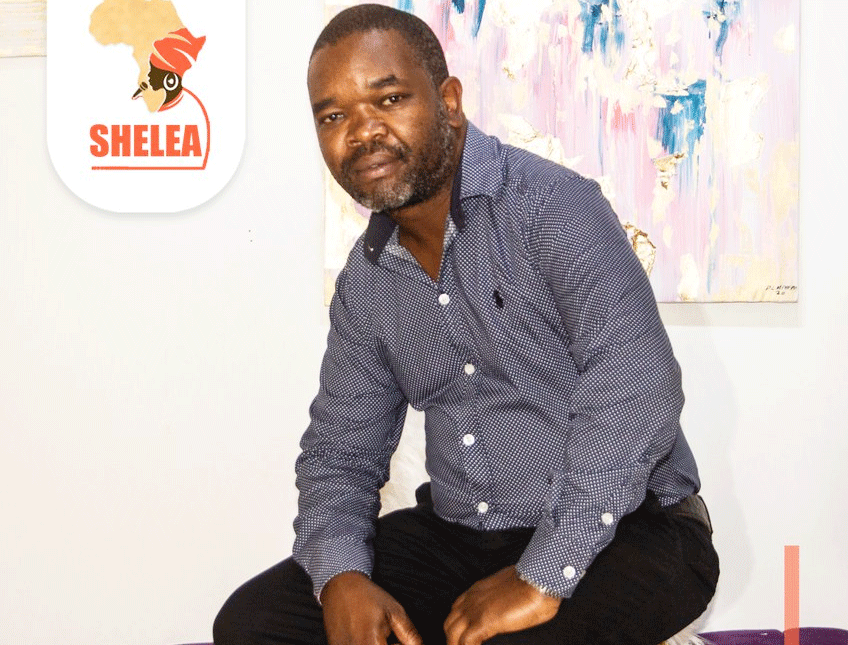
BY WINSTONE ANTONIO
WHEN society thinks of an abusive relationship, it often defaults to the idea of a woman as the victim, and the man as the perpetrator.
However, in recent years, research has proved that men are increasingly finding themselves at the receiving end of gender-based violence.
Many a time, men suffer in silence as society seems to turn a blind eye to women who are also abusing their husbands, partners and other men for various reasons.
As gender-based violence by women against men in relationships surges, the eighth episode of Shelea, a weekly radio drama that chronicles women struggles and triumphs in contemporary society, tackles this issue as the main theme.
Written by Sitshengisiwe Olinda Siziba and produced by Patsimeredu Edutainment Trust, the drama is part of a She-Leads project being spearheaded by Hivos in partnership with the Irish embassy in Pretoria, South Africa.
In the drama, the abuse of a man in a relationship is brought to the fore through a conversation between Mabhena and Tambu as the former confesses to be a victim of gender-based violence from an ex-wife he was forced to divorce for such behaviour.
“You are a good man, but how come you don’t have someone in your life?” queries Tambu.
- Chamisa under fire over US$120K donation
- Mavhunga puts DeMbare into Chibuku quarterfinals
- Pension funds bet on Cabora Bassa oilfields
- Councils defy govt fire tender directive
Keep Reading
Mabhena responds: “I used to have someone in my life, but she was so difficult. That wife was something else, Tambu, do you know that women are not the only victims of abuse? Women can be abusive. She used hateful words, and would call me names. I had no peace, she was very controlling.”
Tambu says: “Mabhena, you are a soft guy, what really went wrong such that you failed to click with the wife?
“She was a character, sometimes she would prevent me from going to work, saying I would not leave home without talking and yet she was just too talkative,” Mabhena replies.
Tambu asks: “So with such a mentality, how was she going to survive if you all stayed at home?”
“She didn’t care about that and sometimes she would come to my workplace and shout at everyone. My boss had to tell me to stay at home and come back after I had fixed my domestic issues, just imagine,” Mabhena replied.
“She was a character hey,” Tambu interjects.
“A real character, who was too controlling and she seemed possessed. You know, she continuously accused me of being unfaithful, but you know me when I love someone I give it all, “I loved her so much, I never cheated on her, but she would call my friends threatening them.”
Tambu answers: “Mmm, this was so bad, she was not supposed to do be doing that to you.”
“The other time she came to work holding a knife, and threatened the receptionist and she had to explain that when she calls me it would be something strictly work-related. From that day I said enough is enough and just ended the relationship right there,” Mabhena says.
Tambu says: “Very sorry, Mabhena.”
“When I ended the relationship, she was always yelling and started following me disturbing my peace. I had to report her to the police and they had to issue a protection order to stop the madness,” Mabhena says.
Tambu answers: “You know I didn’t even know that continuously following someone is an offence that can get you arrested. I have learnt something.”
“Yes, Tambu, it can get you arrested, it’s called stalking,” Mabhena says.
The drama’s cast includes award-winning actress Caroline Mashingaidze, veteran actor Nash Mphepo, Siziba, Norbert Makoche, Magenga, Shahmaine Mukutirwa, Tapiwa Henry Mutekede and Farirai Mhuru.











